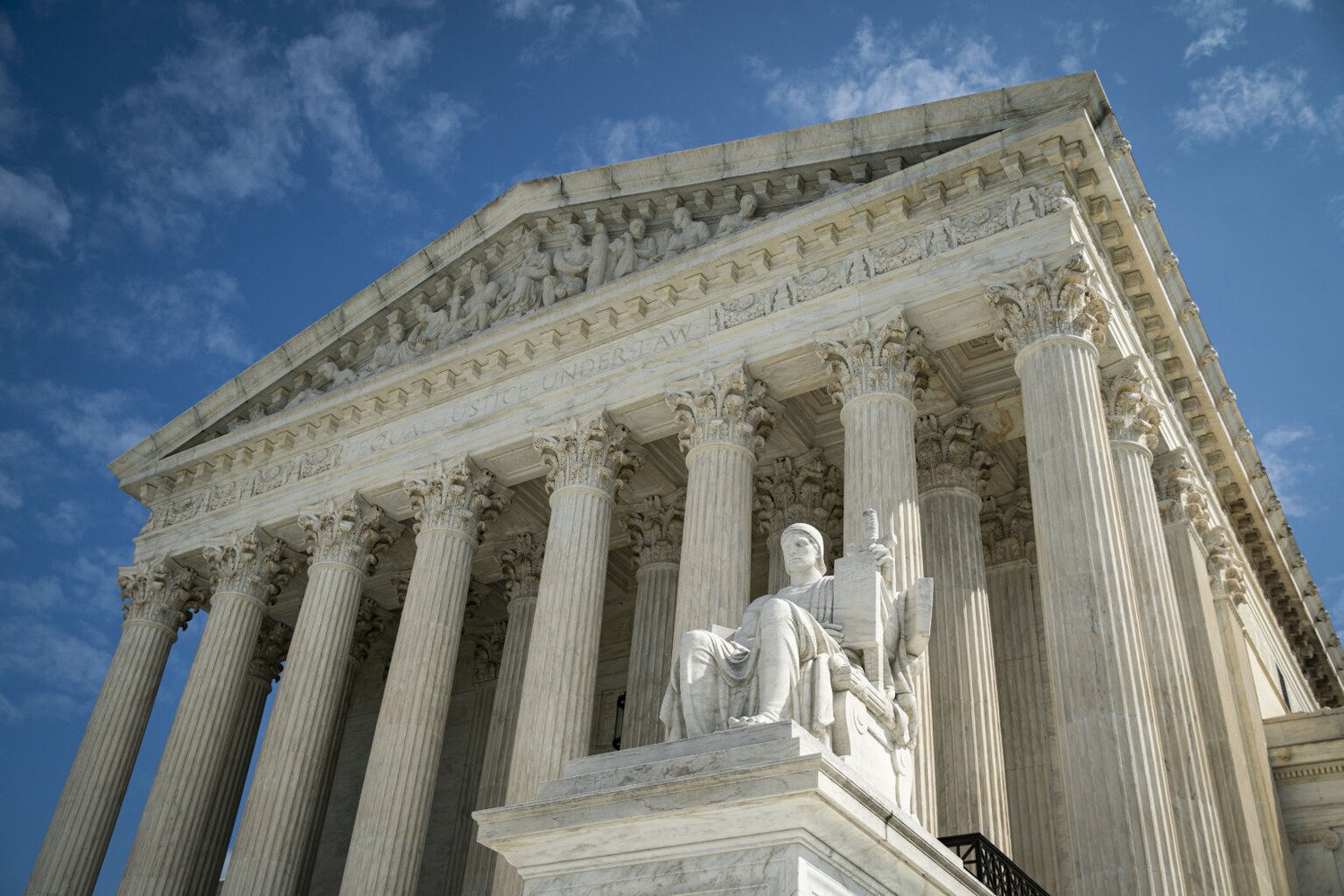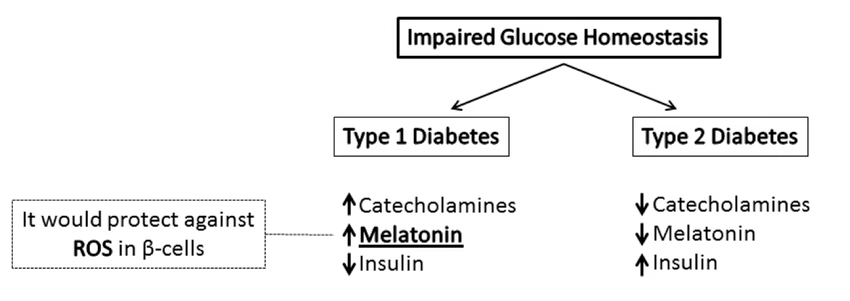As the US Supreme Court prepares to hear arguments regarding restrictions on the abortion pill mifepristone, a contentious debate ensues, fueled by contrasting interpretations of scientific research and regulatory decisions. Opponents seeking to curtail access to mifepristone point to studies conducted by Gynuity Health Projects, intending to highlight safety concerns despite decades of regulatory approval. However, the use of these studies by plaintiffs advocating for restrictions has drawn criticism from Dr. Beverly Winikoff, president of Gynuity, who contends that their conclusions actually support expanded access to the medication.
The impending Supreme Court case revolves around the FDA’s regulatory actions in 2016 and 2021, which aimed to facilitate easier access to mifepristone. These changes, allowing medication abortions up to 10 weeks of pregnancy and permitting mail delivery without in-person consultations, have drawn legal challenges from medical associations and doctors opposed to abortion on religious and moral grounds.
Central to the debate are studies by Gynuity, conducted as part of the TelAbortion project, evaluating the feasibility and safety of telemedicine-based abortion services. While plaintiffs argue that these studies reveal alarming rates of medical encounters following medication abortions, critics like Winikoff assert that emergency room visits do not necessarily indicate serious medical complications and may reflect patients seeking reassurance or advice.
The plaintiffs’ reliance on FDA characterizations of these studies to justify their position has further intensified the dispute. Erik Baptist of the Alliance Defending Freedom, representing the plaintiffs, contends that the FDA’s own label considers emergency room visits as serious adverse reactions, implying heightened risk associated with relaxed restrictions on mifepristone.
However, the validity of certain studies cited by the plaintiffs has come under scrutiny, with Sage retracting studies led by the anti-abortion Charlotte Lozier Institute due to methodological flaws. Despite these retractions, plaintiffs maintain their position, emphasizing the FDA’s stance and cited research.
As the Supreme Court deliberates, the outcome holds significant implications for abortion access and federal regulatory authority. While opponents seek to tighten restrictions, advocates like Winikoff remain steadfast in their support for medication abortion, emphasizing its importance in empowering individuals to make informed decisions about their reproductive health.
Ultimately, the Supreme Court’s ruling will shape the future landscape of abortion access in the United States, underscoring the ongoing societal debate over reproductive rights and healthcare autonomy.



